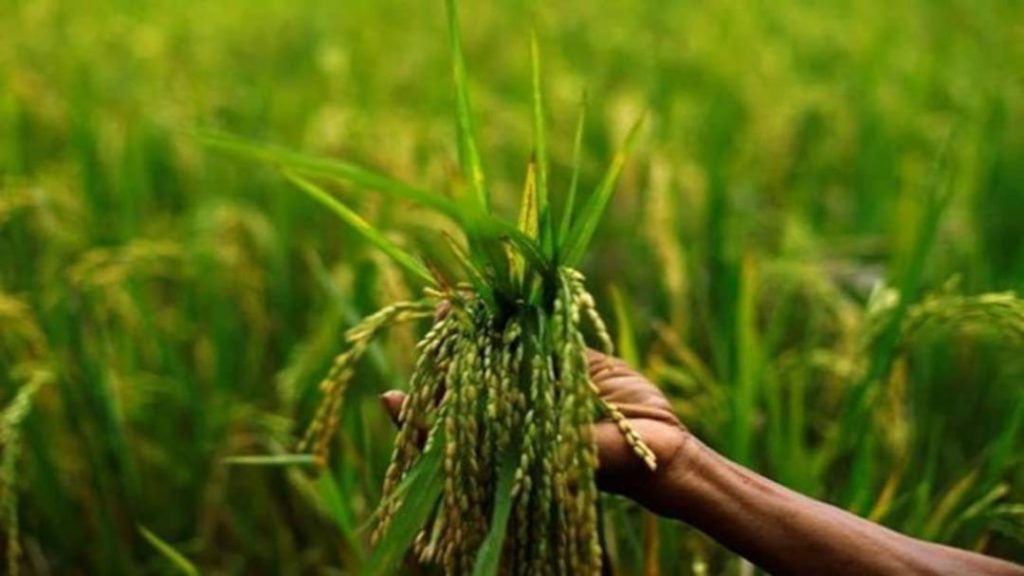
India Cutting Chenab’s Supply Will Increase Water Shortage & Impact Crops, Accepts Pakistan
The ongoing dispute over the Indus Waters Treaty (IWT) between India and Pakistan has taken a new turn, with Pakistan’s Indus River System Authority (IRSA) accepting that India’s decision to cut the flow of the Chenab river would increase water shortages across the country. The move is expected to impact not only the already struggling kharif crops but also the late kharif season, which is estimated to face a significant shortage.
The dispute between India and Pakistan over the IWT began in August 2020, when India started constructing a dam on the Ravi river, which is a tributary of the Chenab river. Pakistan objected to the move, claiming that it would affect the flow of the Chenab river and thereby reduce the amount of water available to its agricultural sector.
In response, India suspended the IWT in February 2021, citing Pakistan’s failure to implement the treaty’s provisions. Since then, India has been restricting the flow of the Chenab river, which has been a major source of water for Pakistan’s agricultural sector.
The IRSA has estimated that the water shortage in the remaining early kharif season is already 21%, and the situation is expected to worsen if India continues to restrict the flow of the Chenab river. The water shortage in the late kharif season is estimated to be 7%.
The impact of the water shortage on Pakistan’s agricultural sector is expected to be severe. The country’s agricultural sector is already struggling due to the COVID-19 pandemic, and the shortage of water is expected to exacerbate the situation. The IRSA has warned that the water shortage could lead to a significant decline in crop yields, which could have a devastating impact on the country’s food security.
Pakistan’s agricultural sector is a significant contributor to the country’s economy, and any decline in crop yields could have a ripple effect on the entire economy. The country’s food security is already a major concern, and the water shortage is expected to make things even more challenging.
The IRSA has also warned that the water shortage could lead to a rise in food prices, which could have a significant impact on the country’s poor and vulnerable population. The country’s poor and vulnerable population are already struggling to make ends meet, and any increase in food prices could push them further into poverty.
In response to the water shortage, the IRSA has called for an urgent meeting with India to resolve the issue. The authority has also urged India to restore the flow of the Chenab river and to implement the provisions of the IWT.
The dispute over the IWT is not only affecting Pakistan’s agricultural sector but also its relations with India. The two countries have had a tense relationship for several years, and the dispute over the IWT has further strained their relations.
The dispute over the IWT has also raised concerns about the future of the treaty. The treaty was signed in 1960 and has been in force for over 60 years. The treaty provides a framework for the management of the Indus river system, which is shared by India and Pakistan.
The dispute over the IWT has also raised concerns about the impact on the environment. The Indus river system is a critical source of water for millions of people, and any decline in the river’s flow could have a significant impact on the environment.
In conclusion, the dispute over the IWT is a complex issue that has significant implications for Pakistan’s agricultural sector and its relations with India. The water shortage is expected to have a severe impact on the country’s food security and economy, and it is essential that the two countries resolve the issue as soon as possible.






